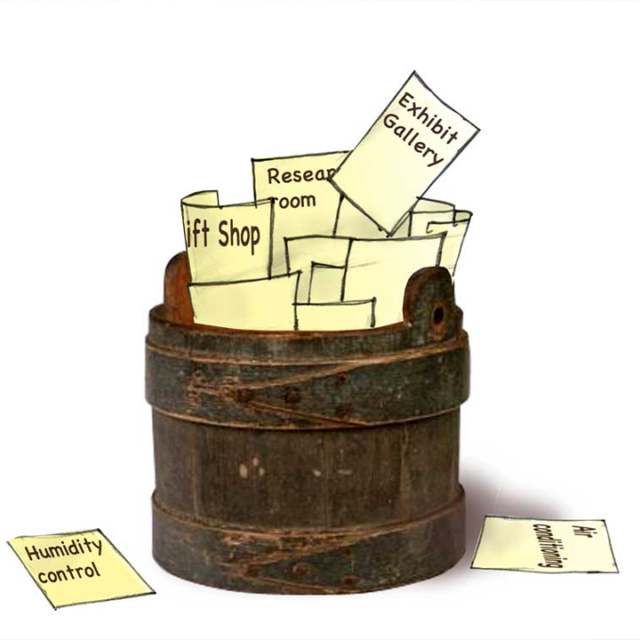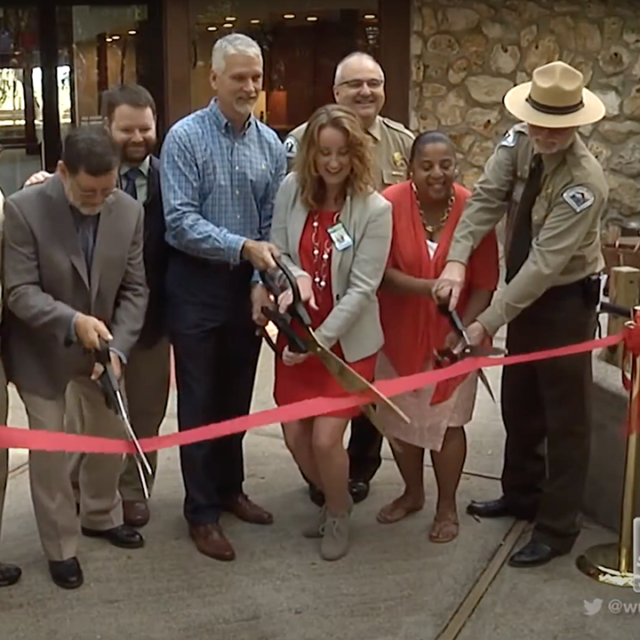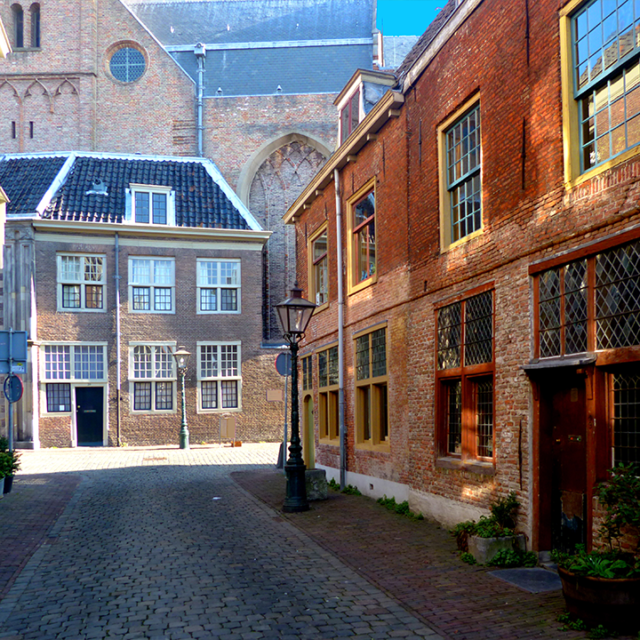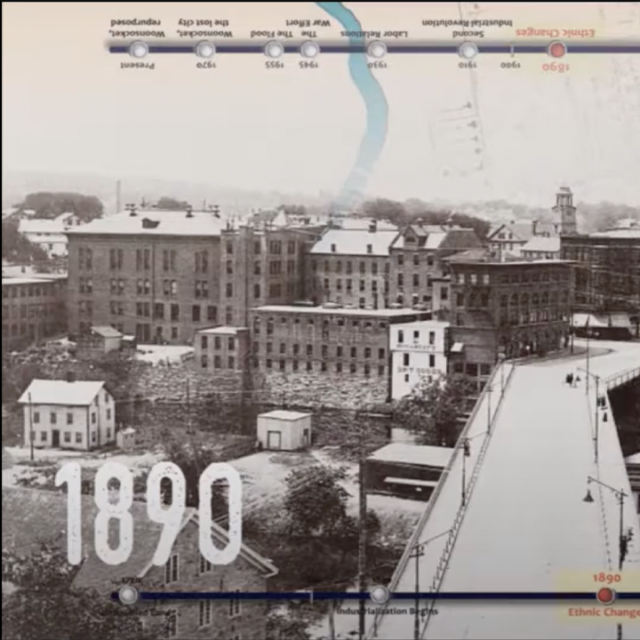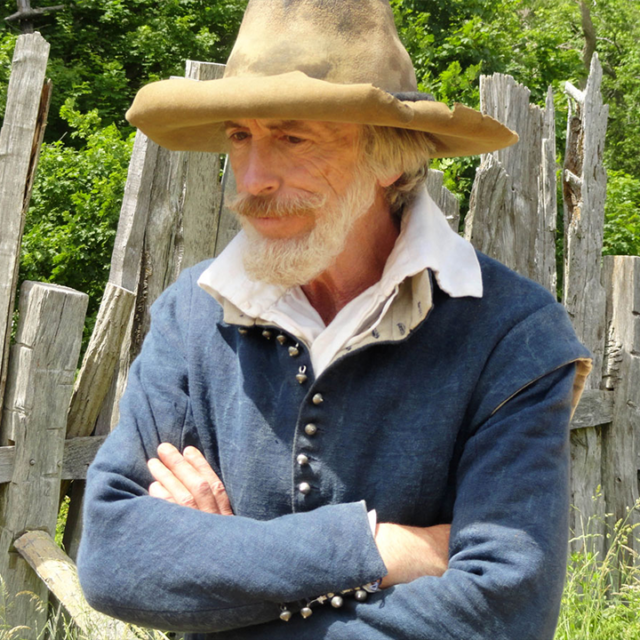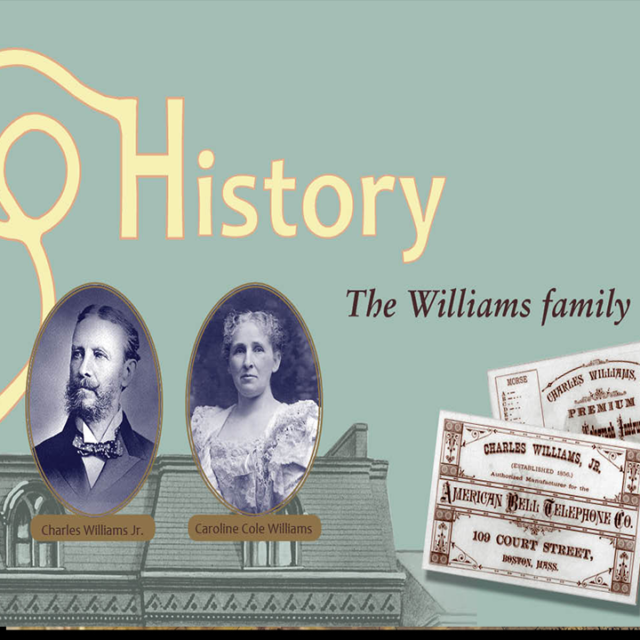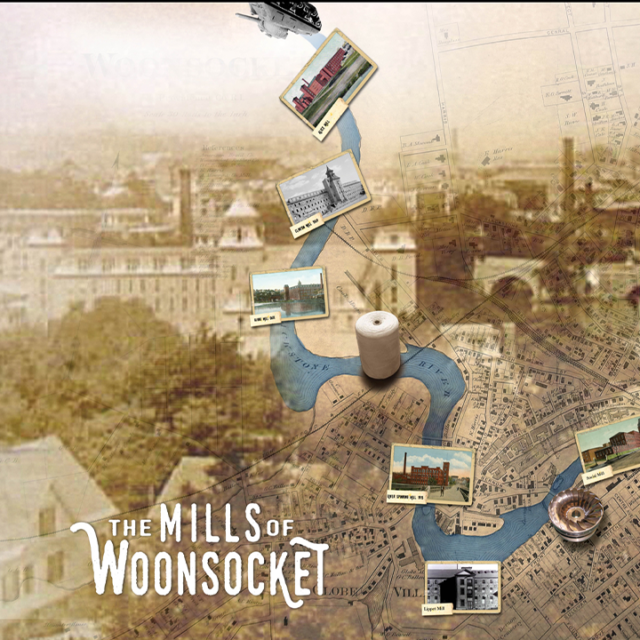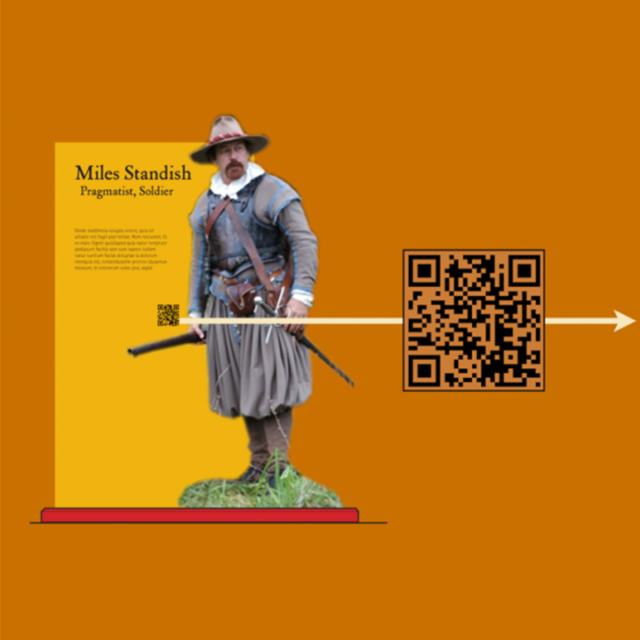Explore our content
What’s on your exhibit bucket list?
Hingham Historical Society’s bucket list – a visitor experience that combines hands-on interactives with visible storage and a new exhibit The Hingham Historical Society’s new Heritage Museum exhibit tells the story of “Bucket Town” where energetic and innovative craftsmen created tens of thousands of wooden buckets along with firkins, piggins, pantry boxes, churns, and other essential…
3 ways to transform a nature center into a nerve center
The third space is central to community vitality Silver Lake Nature Center unites community members in a positive, shared experience through purposeful exhibit content and design. Most of us are busy beavers when it comes to activities of daily living. We rise and shine at home, trudge off to work, shuttle back, and repeat the…
Accessibility is The Visitor Experience
Design for the most important factor—access The Florida Department of Parks and Recreation needed to transform their crown jewel visitor center, Paynes Prairie Preserve; we zeroed in on the most important factor in our design brief—visitor accessibility. While could not change the incredible landscape with a 500-foot long winding path through the hammock that connects…
Sailing 3,200 miles ocean to do it THEIR way
Interpreting root causes for significant historical events During the Plymouth 400 forum last month Michaël Roumen, director of Cultuurfonds Leiden, gave a sweeping overview of the places where the emigrants lived, worked and prayed. The streets, garden, and estate they lived in, and most importantly, Pieterskerk, remain unchanged since 1620 when the voyage took place….
Mills of Woonsocket
This video illustrates the conceptual design of the “Mills of Woonsocket.” This multi-touch and multi-user digital experience. Using the latest in gestural interface technology, this new exhibit will allow Museum of Work Culture visitors to explore how the explosive growth of mill production transformed the landscape of Woonsocket. In the process of creating this exhibit,…
1620 Meets 2020, the Ultimate Visitor Experience
Our English Visitors Explore Their History in America. In breeches, doublet, and a wide-brimmed felt hat, Issac Allerton complained to his fellow countryman 388 years into the future, Leo Devine, Head of BBC South West, about his disappointment in the weather. After all, he stated in a thick 17th-century accent, “Eng-land is an’ a high-yar…
Party Lines—The Story Behind the Story
Illuminating the past through storytelling We have enjoyed working with Freedom Historical Society and Saving Stories to create an exhibit on the History of the Telephone. One of the most interesting aspects of developing an exhibit is the process of illustrating the main story bring you to the point where you discover the story behind…
Exhibit Design Concepts and the Guilty Party
We presented the design of an interactive exhibit at a unique event. This multi-touch gestural interface exhibit uses the Blackstone River as a metaphor for change; visitors learn about how the mills changed the historical landscape of Woonsocket, RI. The interface allows multiple users to access a series of maps tapping into video interviews and…
Plymouth exhibit put to the test at History Camp
Plymouth 1620-2020 will receive a peer review at History Camp Boston 2016. This gathering of curators, professors, librarians and archivists is based on the international BarCamp idea which originated in the tech industry. This forum for participant-generated content and discussion is an “unconference”. We will ask participants to consider the question: Would the Wampanoag Nation…
- « Previous
- 1
- 2
- 3
- 4


